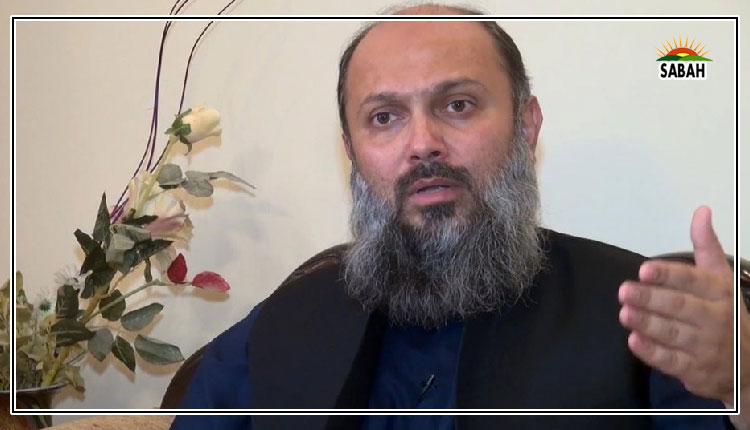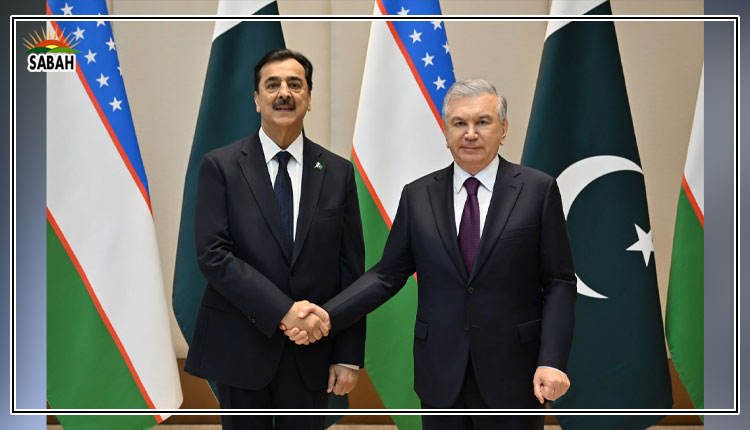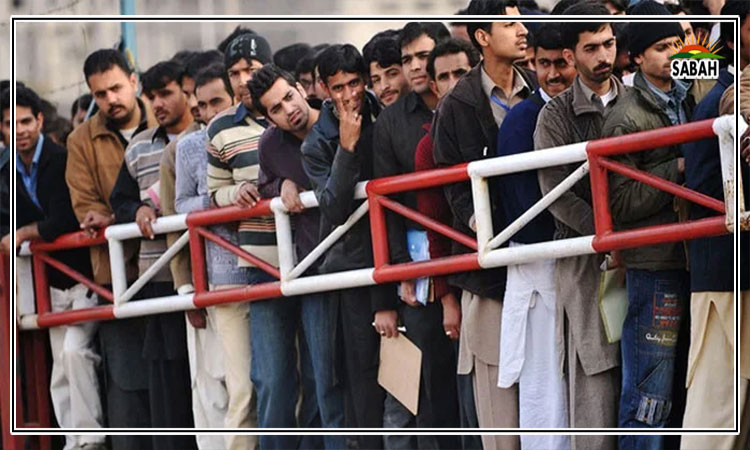Young and restless ۔۔۔۔۔Bisma Rafique
Pakistan, once hailed as the ‘land of doctors and engineers’ in the 1980s, now stands at a pivotal crossroads. A staggering 89 per cent of Pakistanis, according to the World Population Review, express a willingness to defend their homeland – an indicator of deep-rooted patriotism. Yet, Pakistan’s true strength lies in its human capital.
With 64 per cent of its population under the age of 30, the country possesses one of the largest youth populations globally, a demographic often referred to as the ‘youth bulge.’ This immense potential, however, comes with its own set of challenges.
This youth bulge offers both immense opportunities and formidable challenges. On the one hand, it has the potential to drive economic growth; on the other, it could exacerbate social and economic problems if not effectively managed.
The country currently faces an overall unemployment rate of 6.2 per cent, with youth unemployment alarmingly higher at approximately 10.8 per cent in 2023. Moreover, over 31 per cent of the youth are not engaged in education, employment, or training (NEET), according to the Pakistan Bureau of Statistics – a clear sign of the underutilization of this vital segment of the population.
Government efforts to address these issues – such as the Prime Minister’s Youth Program, which provides loans and skills training to young people – have so far proven inadequate. The quality of education remains a significant barrier, with Pakistan ranking 134th out of 137 countries in the Global Knowledge Index 2022.
The youth are increasingly frustrated, especially considering the economic pressures they face, including a controversial tax regime introduced in the 2024-25 budget. This new tax policy has imposed a heavy burden on the salaried class, particularly young professionals earning between Rs1.2 million and Rs2.4 million annually, who now face a tax rate of 20 per cent, up from 12 per cent in the previous fiscal year.
Adding to these challenges is the alarming brain drain, with a 119 per cent increase in the emigration of highly skilled professionals in 2023, as highlighted in the Economic Survey 2023-24. Over 700,000 Pakistanis, many of whom are young doctors, engineers and IT specialists, left the country in the first few months of 2024 alone. This exodus is driven by political instability and economic uncertainty, depriving Pakistan of critical human capital and representing a significant financial loss, given the state’s substantial investment in education.
To harness the potential of its youth and reverse the brain drain, Pakistan must adopt a multi-faceted approach. First, the government should significantly increase investment in education, particularly in STEM fields, to equip the youth with the skills necessary to compete globally. Vocational training programmes must be expanded to align with market demands.
Second, there is a pressing need to create an enabling environment for small and medium enterprises (SMEs), the backbone of any thriving economy. Financial incentives, reduced bureaucratic hurdles, and comprehensive training programmes for young entrepreneurs are essential to fostering job creation and reducing unemployment.
The current tax regime requires urgent reform, with a focus on easing the burden on the salaried class and expanding the tax net to include historically under-taxed sectors. This would provide much-needed relief to young professionals and contribute to overall economic stability.
Finally, to curb the brain drain, the government must restore faith in the system by ensuring transparency and meritocracy across all sectors. Establishing research and development hubs, particularly in technology and agriculture, will help retain talent and attract foreign expertise. These hubs should be integrated with universities and industry to drive innovation.
Pakistan’s youth are its greatest asset. By addressing the root causes of the youth bulge and brain drain and implementing targeted policies, Pakistan can turn this demographic challenge into a powerful engine for economic growth and social development. The time for decisive action is now, as the future of the nation depends on the youth of today.
The writer is a freelance journalist. She tweets/posts @bismarafique and can be reached at: rafiquebisma00@gmail.com
Courtesy The News












